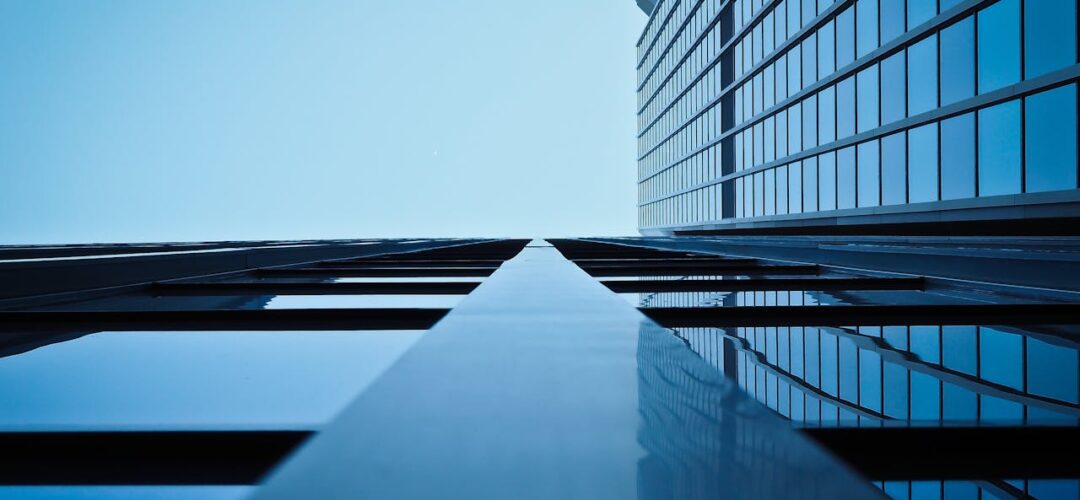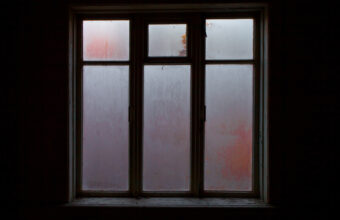Solar film is a popular solution for enhancing windows, providing benefits such as heat reduction, UV protection, and glare reduction but solar film also has its drawbacks.
- Initial Cost – One of the main drawbacks of solar film is its upfront cost. Quality solar film products can be relatively expensive, especially when considering installation costs for professional applications. While the initial investment may pay off over time through energy savings and improved comfort, the upfront expense may deter some homeowners or businesses from opting for solar film.
- Installation Challenges – Installing solar film requires precision and expertise to ensure proper adhesion and performance. DIY installation may lead to bubbles, wrinkles, or uneven application, compromising the effectiveness of the film. Professional installation is recommended to achieve optimal results, but it adds to the overall cost of the project.
- Impact on Aesthetics – While solar film offers practical benefits such as heat reduction and UV protection, it may alter the appearance of windows. Depending on the type and shade of solar film chosen, it can affect the aesthetics of both the interior and exterior of the building. Some homeowners or businesses may prefer the natural appearance of untreated windows over the look of solar film.
- Potential for Damage – Improper installation or maintenance of solar film can lead to damage over time. Factors such as exposure to harsh weather conditions, cleaning with abrasive materials, or using adhesives incompatible with the film can cause deterioration or discoloration. Regular maintenance and care are necessary to prolong the lifespan and performance of the solar film.
- Limited Effectiveness at Night – Solar film is designed to block solar heat and UV rays, which are most intense during daylight hours. While solar film can still provide benefits such as glare reduction and privacy during nighttime, its effectiveness in blocking heat and UV rays diminishes when there is no sunlight.
While solar film offers several benefits for enhancing windows, it also has its drawbacks to consider. These include the initial cost, installation challenges, impact on aesthetics, potential for damage, and limited effectiveness at night. Despite these cons, many homeowners and businesses find that the benefits of solar film outweigh the drawbacks, providing improved comfort, energy efficiency, and UV protection for their spaces. Consider these factors carefully when deciding whether solar film is the right choice for your window tinting needs.






